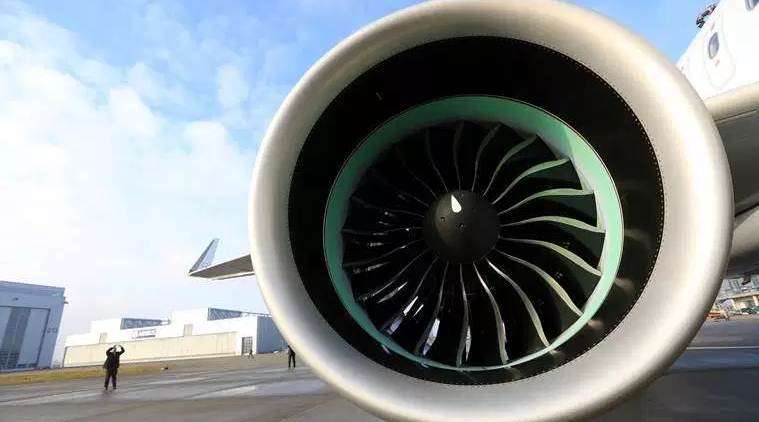P&W’s India MD quits; unrelated to losing out on IndiGo order, says firm
It could not be ascertained when he would relinquish duties as Pratt & Whitney’s India managing director.
 In June, IndiGo announced that it has ordered CFM International LEAP-1A engines to power 280 Airbus A320neo and A321neo aircraft.
In June, IndiGo announced that it has ordered CFM International LEAP-1A engines to power 280 Airbus A320neo and A321neo aircraft.
Palash Roy Chowdhury, aircraft engine maker Pratt & Whitney’s India managing director, has decided to resign from his position — and this comes a month after the company’s top customer in the country IndiGo opted for its rival firm to power the next batch of aircraft deliveries. However, the United Technologies-owned company said that Roy Chowdhury’s exit was unrelated to the company losing out on IndiGo order.
“I have had a phenomenal journey over last 18 years with Pratt & Whitney and UTC, the last eight of which were in India. During this period, India became the fastest growing aviation market globally and the company is well-poised for a strong period of growth in the country. I am now looking forward to pursuing some personal and entrepreneurial interests that I have nurtured for some time,” Roy Chowdhury told The Indian Express.
In response to an e-mail query, Pratt & Whitney said: “After 18 years at UTC (United Technologies), Mr Roy Chowdhury has elected to pursue opportunities outside of Pratt & Whitney. We wish him all the best in his future endeavors.”
Sources in the know told this newspaper that Roy Chowdhury, who joined UTC back in 2002, put in his papers last week. It could not be ascertained when he would relinquish duties as Pratt & Whitney’s India managing director.
In June, IndiGo announced that it has ordered CFM International LEAP-1A engines to power 280 Airbus A320neo and A321neo aircraft. The contract, which includes spare engines and an overhaul support agreement, is valued at more than $20 billion at list price. IndiGo’s earlier order of engines for 150 A320 family aircraft was awarded to Pratt & Whitney and the airline moved away from the engine maker following a series of problems with the US-firm’s engines on its A320neo planes that often resulted in groundings of these aircraft in the first two years of their service.
However, sources said that IndiGo’s decision to choose CFM was based on commercial considerations and not technical ones.





- 01
- 02
- 03
- 04
- 05


























